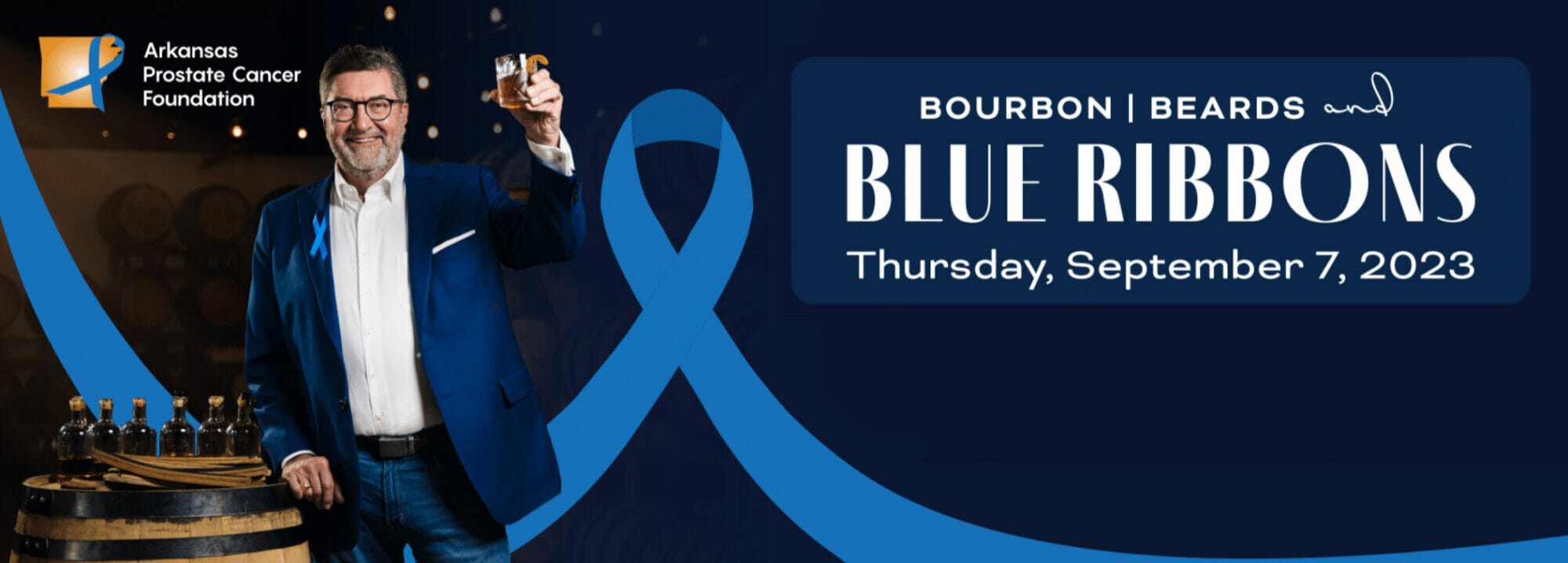It was a blessing that I even was diagnosed because I took a PSA as a result of participating in a leadership program with the University of Arkansas, Lead AR. Truly blessed, because more than half of my leadership class participants were female as we focused on health during a seminar. As part of the seminar, our class leaders were showing us how easy it was to set up a health fair in our local community. The program director later told me that he had only added PSA as one of the screenings performed by the Mena Health Clinic because he was told that he needed to add an additional assessment. It was during this health screening that I originally received a report of an elevated PSA, I believe it was around 7. My initial response is that the nurses had messed up my screening because I felt no side effects or issues. However, I did follow up with my primary care physician who confirmed that my PSA was high and it felt abnormal. My primary care diagnosis followed a visit to Arkansas Urology, where a biopsy confirmed that I had cancer present in all four of my prostate quadrants.
This was when it really hit me, “I have cancer!” I recall that every specialist/doctor whom I visited would say, “you are the youngest patient that I have seen with this disease; and we are not screening many 38-year olds”. The biopsy confirmed cancer cells in all four quadrants but very immature, which led specialists to believe that I had aggressive cancer in my system. I later realized that my brother had also been recently diagnosed as well as my father, revealing a strong family history for the disease. These sets of circumstances led me to move quickly with the removal of my prostate.
I am a spiritual person, so I looked for the purpose of me having this disease at such a young age. After diagnosis, I began promoting the need for men to get screened and know their number. The result revealed to my surprise that very few over 40 were getting screened or placed a screening as a high priority and that none of my similarly aged colleagues even considered getting screened.
I found satisfaction in sharing “my story” and promoting the statistics to men and women. I even converted my leadership project over to planning a PSA screening at my local church, Greater Second Baptist Church. I have since conducted a screening at my church every year following the completion of my treatment.
Since my diagnosis, I actively talk about my experience to my church openly every year as part of the promotion for our Men’s Ministry annual PSA screening. I actively support the Arkansas Prostate Cancer Foundation by serving on its board of directors for more than 8 years.
Over the years I have been surprised by the percentage of men over 50 that tell me they have never had a screening and are surprised at my willingness to speak freely about my experiences. I noticed that to a degree some men feel ashamed at talking about it or even having prostate cancer. My response is “why would I have shame? Cancer chose me, I definitely did not pick it!”
I recall vividly participating in a prostate cancer awareness event during an Arkansas Razorback football game. To highlight prostate cancer awareness, APCF and the SEC partnered to promote the importance of screening, a set number of survivors were selected to be on the field during one of the breaks in action. I was to be on the field to represent my father who had lost his battle with cancer by this time. It was emotional for me and all of the men that participated that day as we shared our stories. It was even more fascinating and important to be a part of that event as I was the only African American and participant under 50 in the group. My age and race along with my father’s memory were the motivating factors to be on the field, to show people that it affects all – young, old and every race. The statistics show an even higher incidence of prostate cancer among African American men.
My story does not end there. As a result of participating in my church’s annual PSA screening in the summer of 2018, APCF contacted me to warn of an increasing PSA for three straight years. Following up with a specialist, resulted in my deciding to get 8 weeks of radiation treatments in 2019. Again, I found strength in the opportunity to visit with survivors and those recently diagnosed with prostate cancer. Even at 48, I was still one of the youngest men in the waiting room. I recall many conversations regarding treatments and how cancer impacted my life. It was reassuring to me to have conversations with fellow survivors almost every day for eight weeks.
I am thankful to APCF for their diligence to follow up with me as I had some questionable responses as I discussed my PSA levels with my primary physician. Again, it added to my story, which today I continue to share with others.
Every year (for 10 years) the screenings at my church have resulted in someone being diagnosed or recognizing some needed action. Knowing that I am helping to save lives, makes my struggles, and experiences worth it. I only wish that I had become active earlier in my life because perhaps…I could have saved my father’s life.

